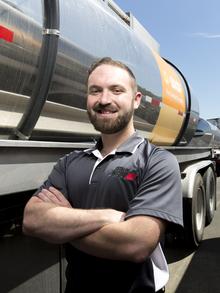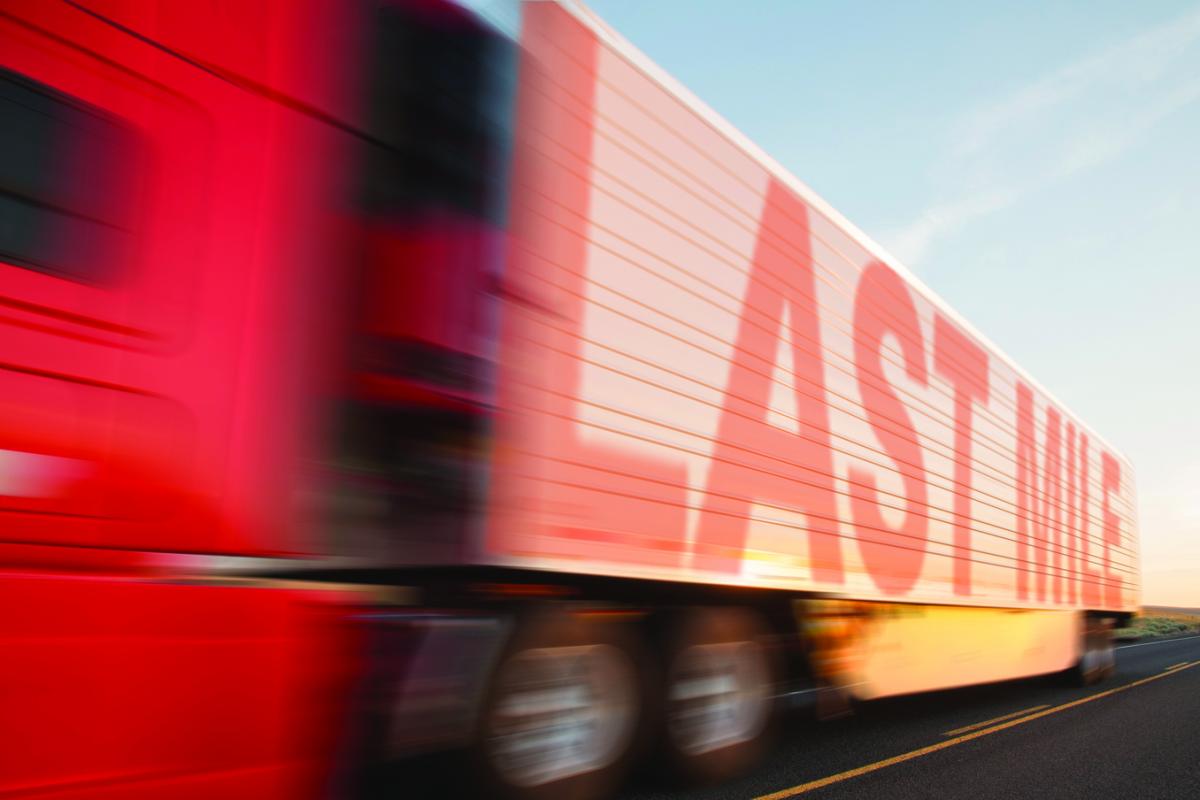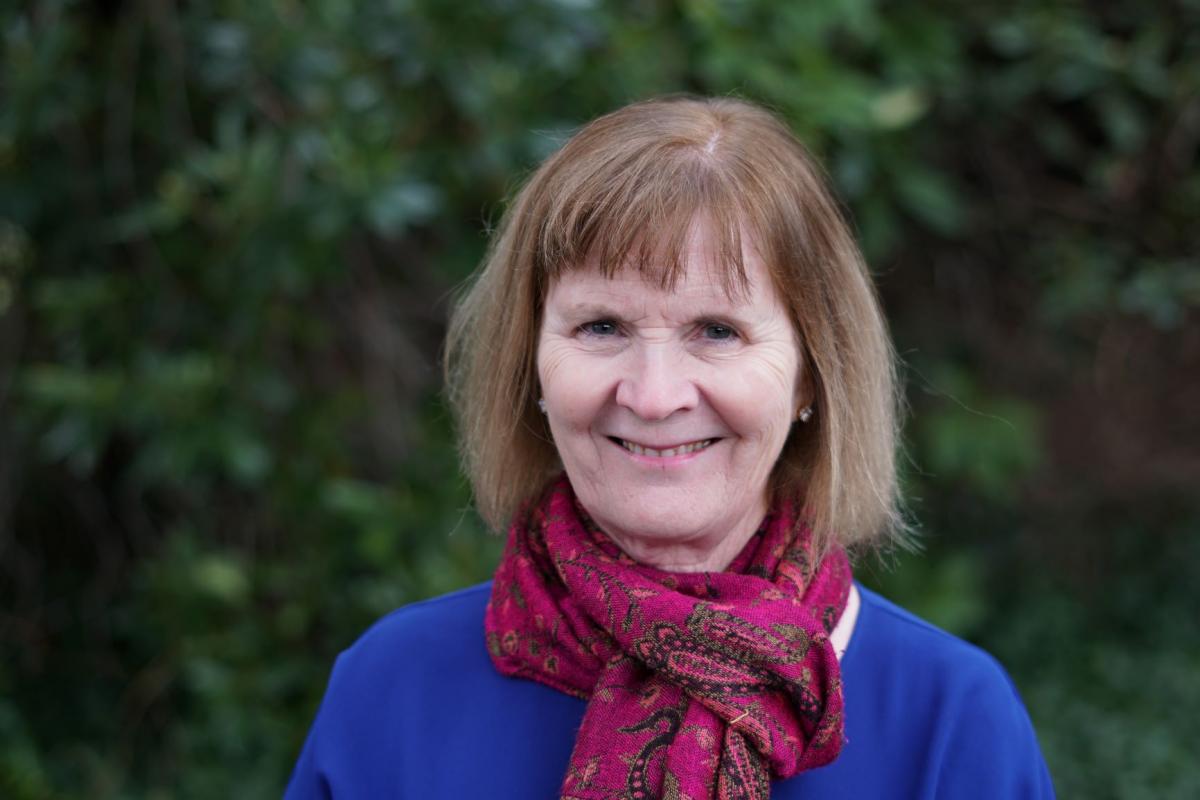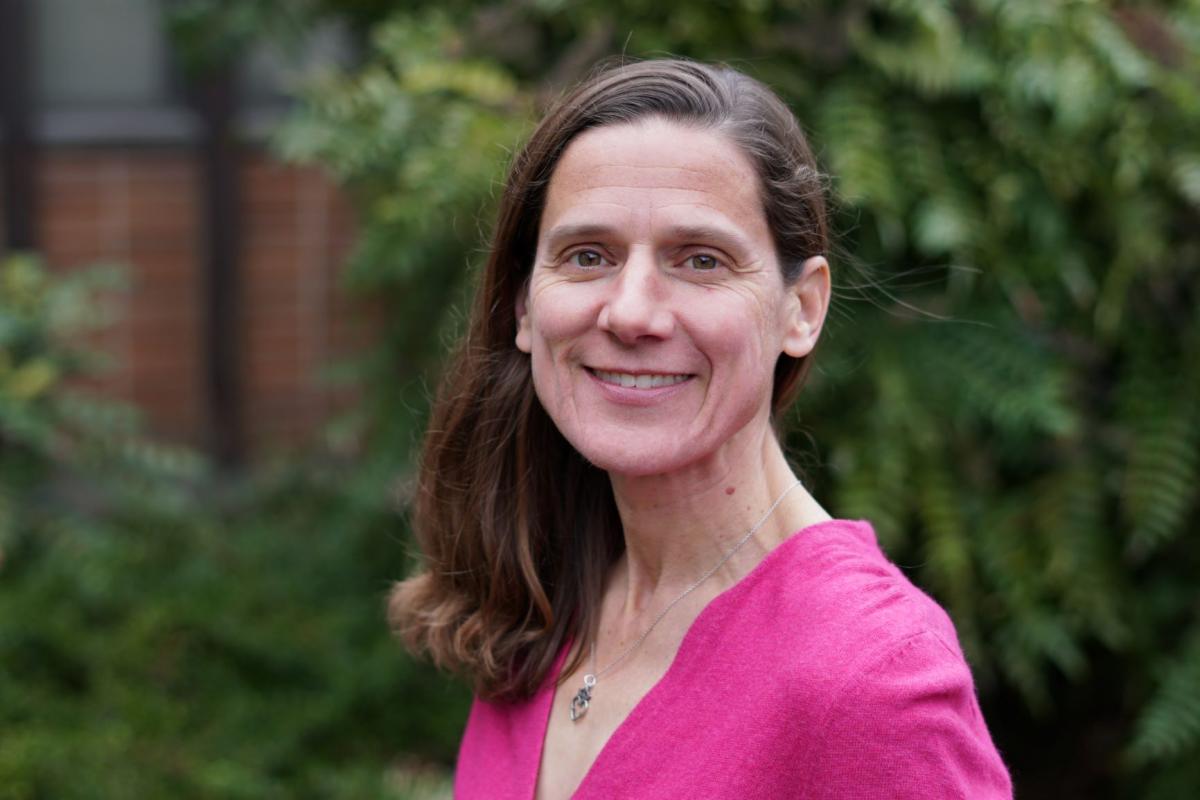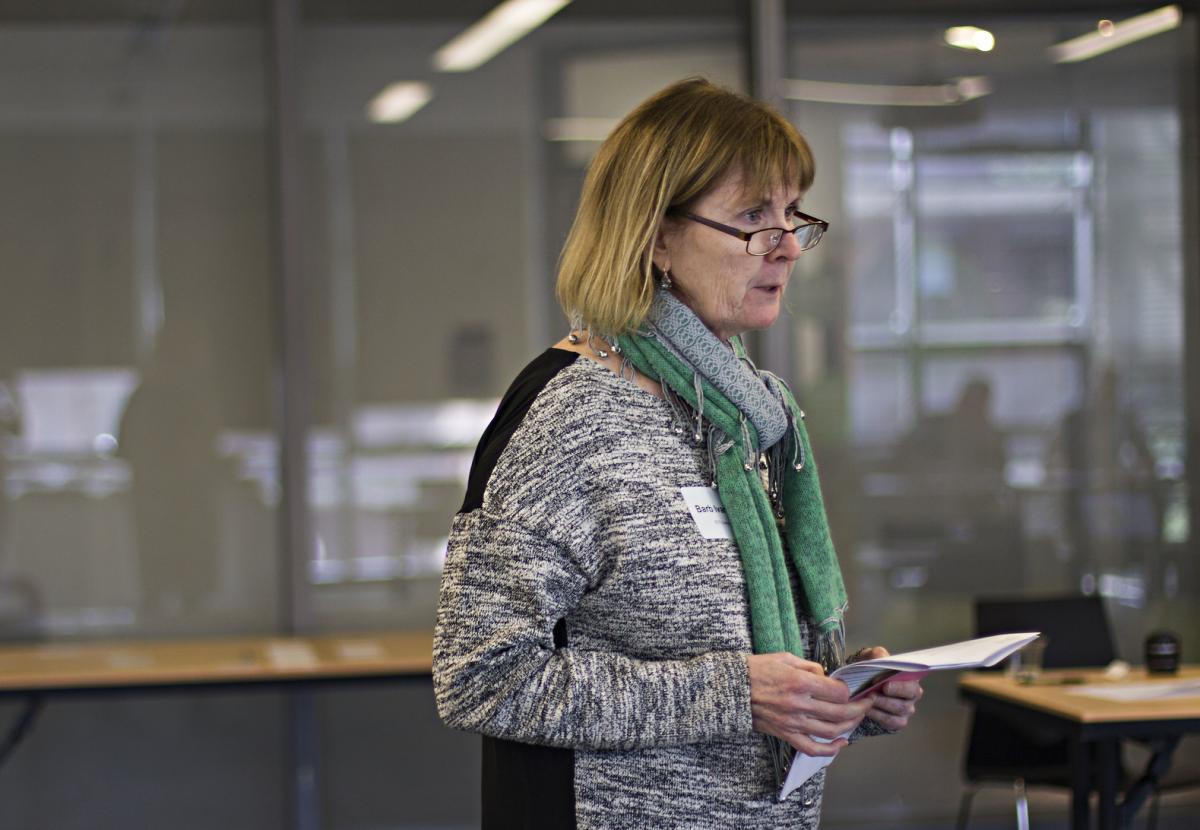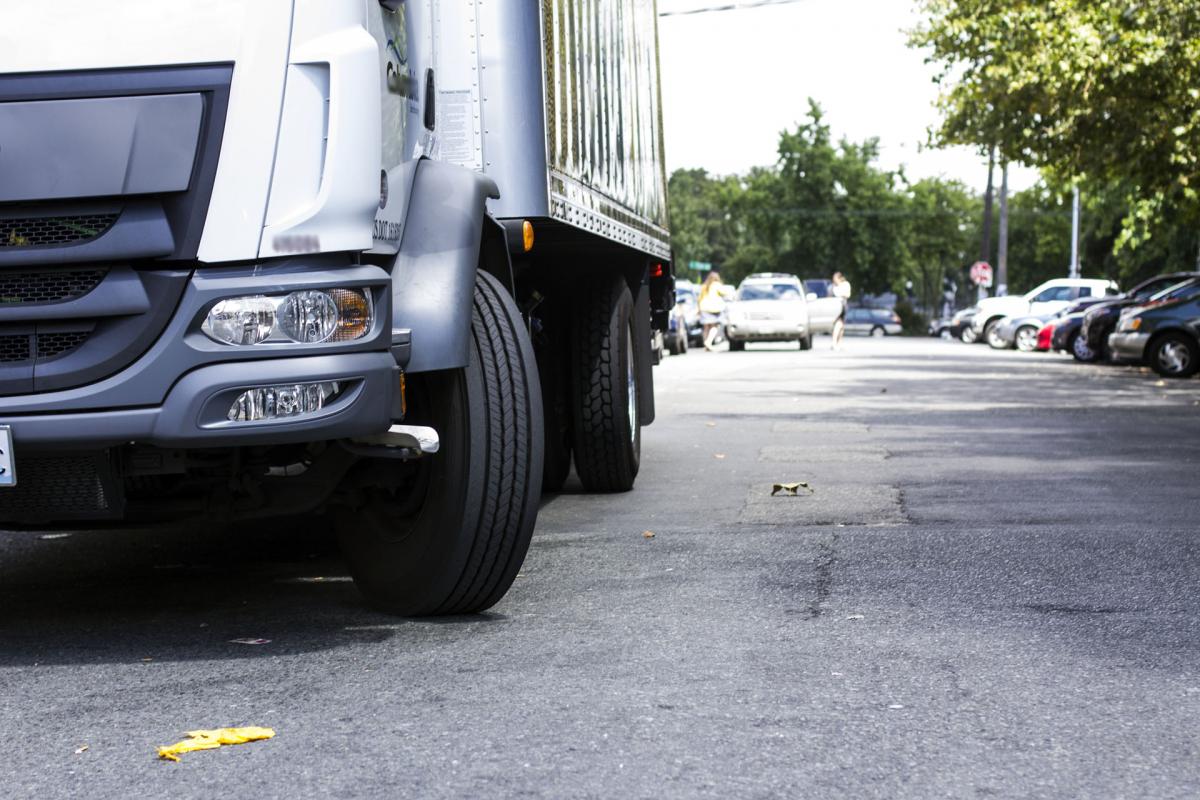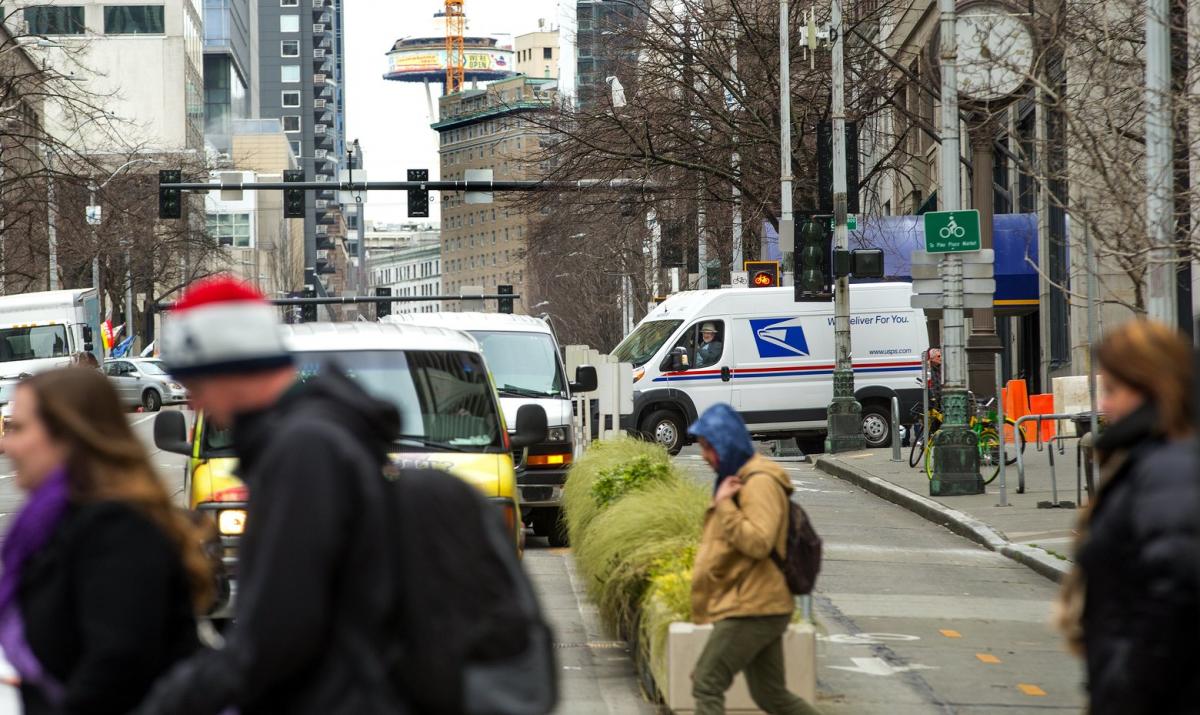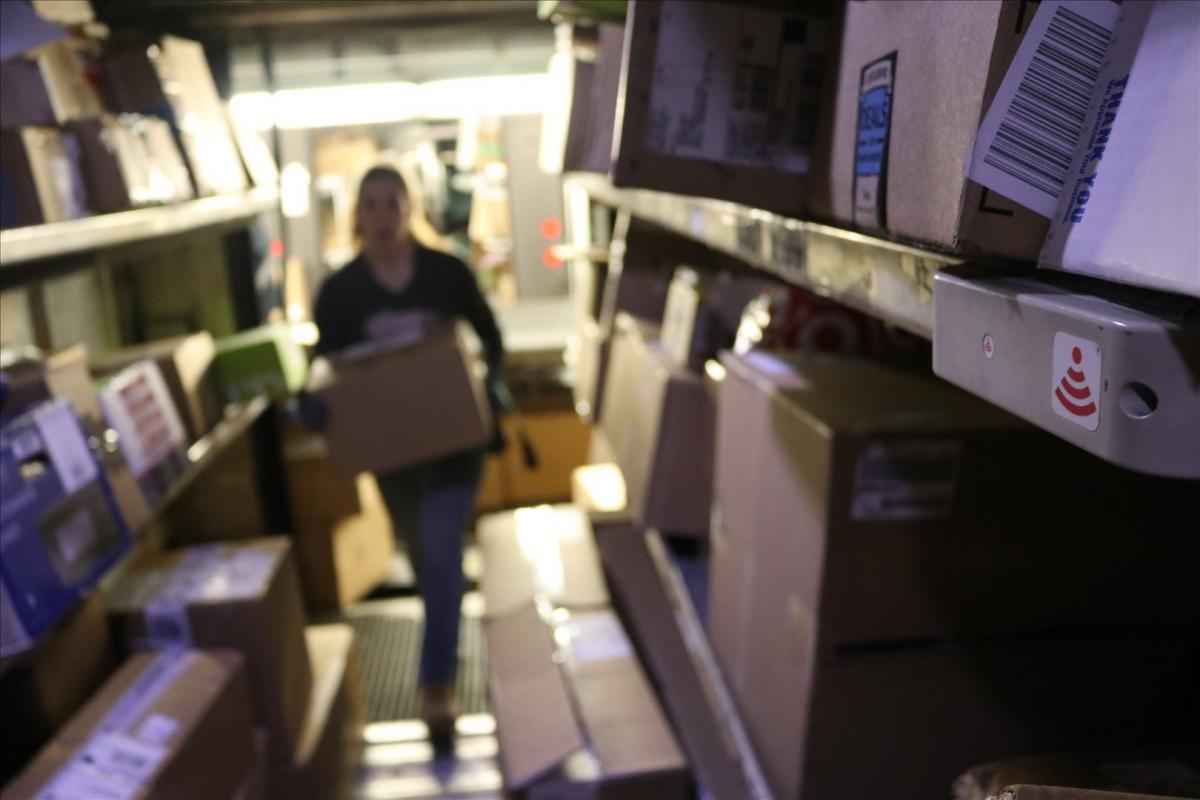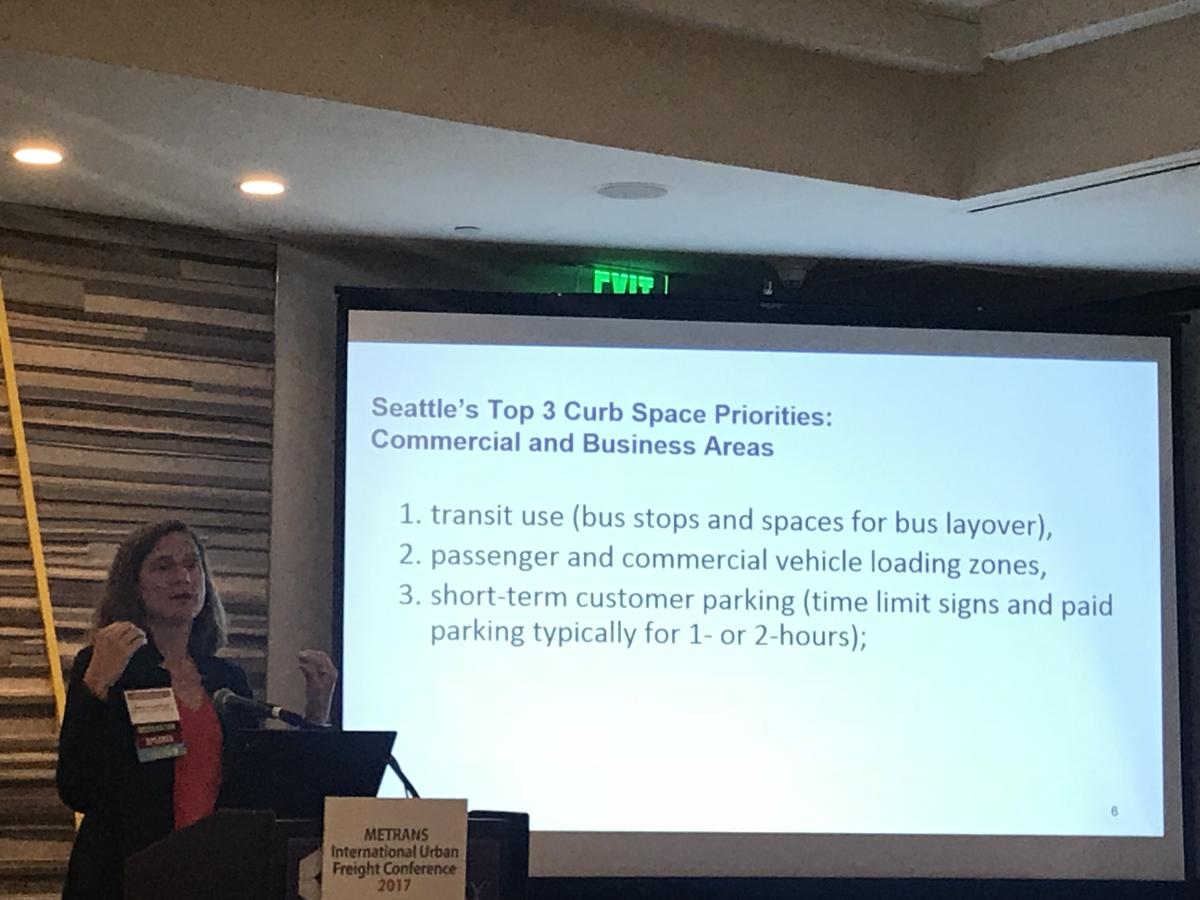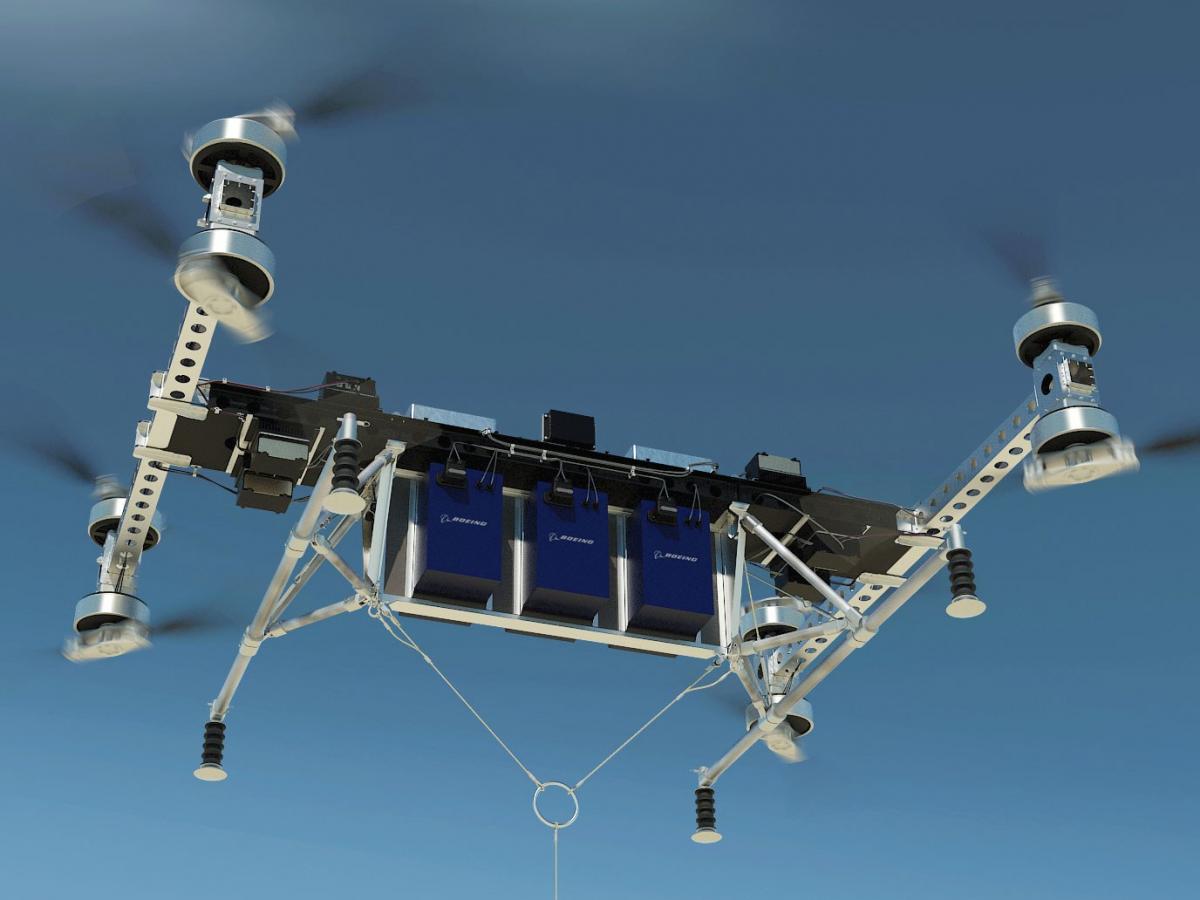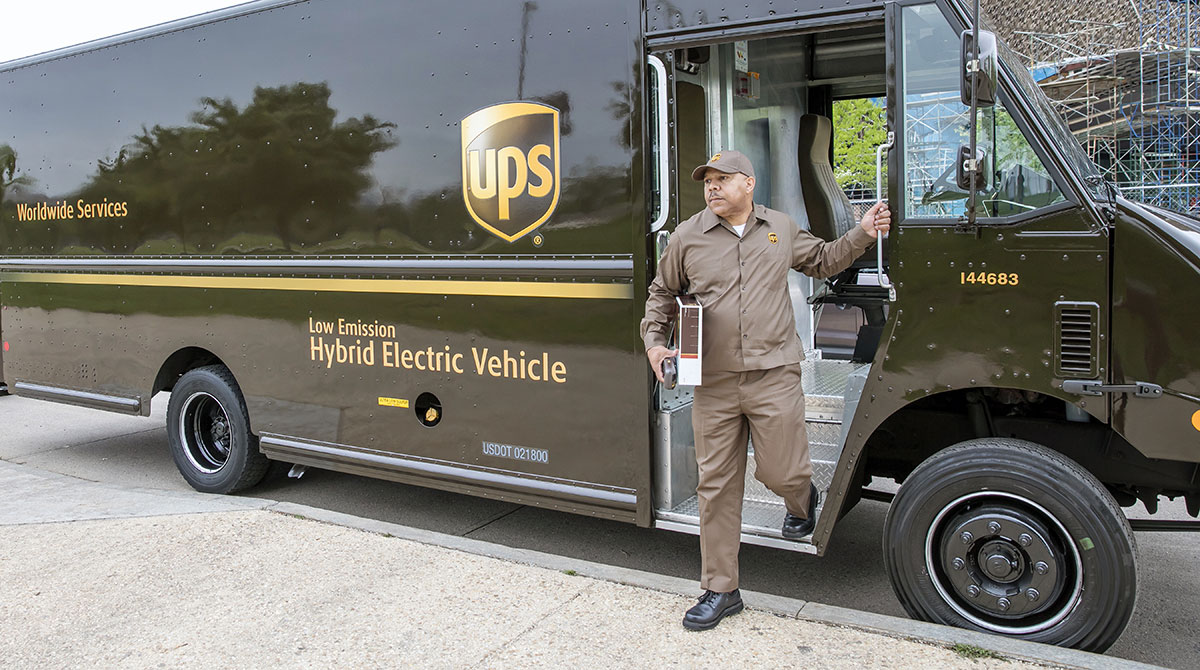In the Media
Master of Supply Chain Transportation & Logistics alum Wayne Levinson (’17) has been appointed to the Board of Directors and Chairman of the Haz-Mat committee of the Transportation Intermediaries Association.
Barbara Ivanov, director of the Urban Freight Lab at the University of Washington, is focused on a test of smart lockers in a 62-story building in downtown Seattle: “We’re trying to determine if smart lockers can reduce the time trucks spend at the building as well as total truck dwell time and undeliverable patterns.”
Barb Ivanov, director of the Urban Freight Lab: “This month and next we’re pilot testing a common-carrier smart locker system located near loading bays under a 62-floor office tower. Now we already know that smart lockers work in general. We’re not pilot testing that. Instead, we’re trying to determine if smart lockers can reduce truck dwell time as well as reduce the level of failed first delivery attempts This is a test. But it’s a very focused test.”
Professor Anne Goodchild was named the 2017 Person of the Year by The Transportation Club of Seattle. The annual award recognizes “an individual who has made extraordinary efforts, impact and contributions to the local transportation field and community.”
MHI will preview its 2018 Annual Industry Report during its April 11 Keynote at MODEX, with Scott Sopher, principal with Deloitte Consulting’s Supply Chain practice; George W. Prest, CEO, MHI; and a panel of manufacturing and supply chain professionals, including Barb Ivanov, Urban Freight Lab director.
The Seattle Department of Transportation (SDOT) and the University of Washington’s Urban Freight Lab at the Supply Chain Transportation and Logistics Center (SCTL) have analyzed solutions for alleviating urban congestion by making truck parking spaces more productive and reducing the growth of truck traffic.
According to a joint study between the University of Washington’s Supply Chain Transportation & Logistics Center and the Seattle Department of Transportation, the number of truck trips in Seattle’s urban core may double by 2023. That’s if no more residents move in and the mode of delivery stays consistent, said Barbara Ivanov.
Barbara Ivanov, a logistics expert at the University of Washington’s Supply Chain Transportation and Logistics Center, thinks that Amazon poses a threat: “Amazon does have the money and ability to set up a new freight and parcel delivery company, and the disruptive thing is that they’d be able to start from scratch, with technology at the center of their operations.”
Preparing the next generation of supply chain and logistics executives has been the objective of the Supply Chain Transportation and Logistics (SCTL) Master’s program at the University of Washington since its inception. To date the program has prepared hundreds of students to assume transformative roles at firms like Amazon, Tesla, and Boeing.
Anne Goodchild said that a head-to-head comparison of online versus brick-and-mortar shopping is difficult to do. “It’s complicated,” she said. “If the goods still have to get from where they were made to you, it’s still making the trip. But [it is more environmentally friendly] if there are a lot of shipments in one truck making the trip. The more carpooling, the less impact and the more energy conservation.”
Sue Dexter, USC Price School Ph.D. student: “As a Ph.D. student focusing on freight studies, I was very impressed with the session on The Final 50 Feet of the Urban Goods Delivery System on October 20th presented by Dr. Anne Goodchild, Supply Chain Transportation and Logistics Center, University of Washington.”
A recent study from the Supply Chain Transportation and Logistics Center (SCTL) at the University of Washington found that challenges for trikes are “smaller cargo capacity, slower speeds, and severe weather conditions,” according to Measuring the Cost Trade-offs Between Electric-Assist Cargo Bikes and Delivery Trucks in Dense Urban Areas.
A drone made to reach places like oil rigs or islands connected to the mainland only by ferries, might be easier to get into service, says Anne Goodchild.
Researchers are joining major retailers, logistics firms, city transportation offices and others in the freight industry to reconsider last-mile delivery systems, even reviewing the way they get packages the “final 50 feet” in congested urban downtowns. In Seattle, the Urban Freight Lab was created in 2016 to improve the public and private operations of urban delivery systems through strategic research.
Online shopping is skyrocketing. So what are cities going to do about it? “Cities have been forced to think more about it because that’s where we see the coming together of these pressures in a real, urgent way,” says Professor Anne Goodchild, director of University of Washington’s Supply Chain Transportation and Logistics Center. “There’s been a recognition at the municipal level that this has to now be what we plan for.
